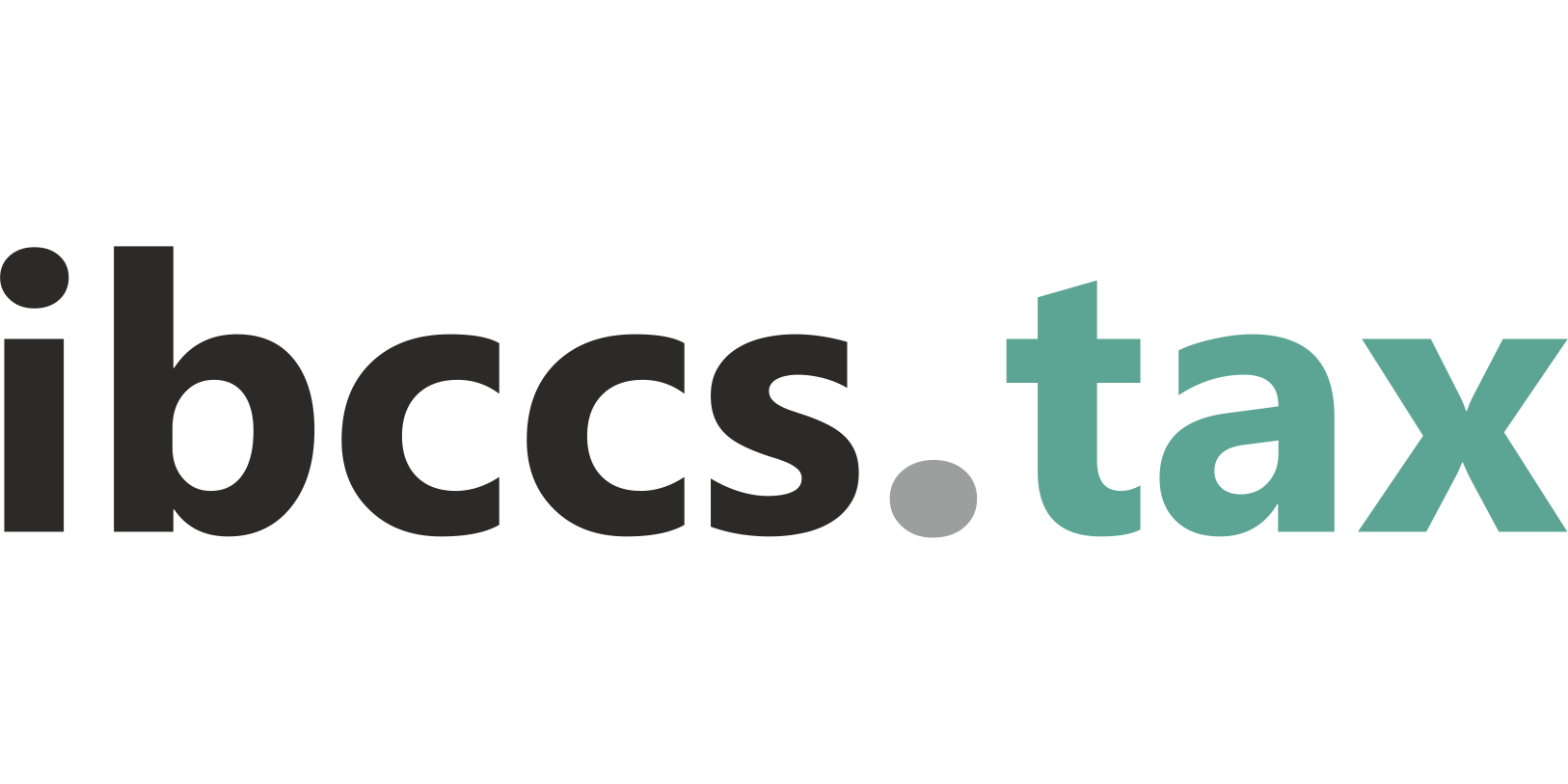Despite its very favourable tax regime, Cyprus has successfully avoided being implicated as a tax heaven and maintains its place among the lawful jurisdictions for business development. Nevertheless, the Cypriot banking system continuous to be closely scrutinized in the international press primarily due to the country’s poor compliance with the European Union directives and recommendations that aimed to straighten the anti- money laundering measures and European banks transparency.
After the assessments of Moneyval Committee of the European Commission and Deloitte Italy in 2013 it became apparent that despite some noted progress, not a lot had been done with regard to the Cyprus legislative and regulatory framework for customer due diligence. Consequently, the Member States decided to impose a bigger pressure on the insular authorities and urge them to introduce more transparency and reliability in its banking system.
Finally, in summer 2018 the Cypriot Central Bank took necessary steps in order to satisfy the European requirements and made an attempt to address one of the issues that the EU was the most concerned, the shell companies, also known as “paper companies” or “mailbox companies”.
The issued circular provided a proper guideline how to determinate a shell company by defining it as a non-publicly traded limited liability company or any other business entity that fulfils at least one of the following criteria:
- It has no physical presence in the country of its incorporation (except mailing address);
- It conducts no significant economic activity and has no documentary proof of such activity;
- It is registered in a jurisdiction imposing no obligation to submit financial reports audited by independent auditors to the state authorities;
- It is a tax resident of a jurisdiction recognized as a “tax haven” or has no tax residence;
It was also noted in the letter sent to commercial banks that the presence of a third person such as a lawyer, an accountant, or a TCSP (trust or company service provider), acting merely as an agent of the company does not constitute physical presence even if such a person would be providing nominee services including company secretary duties. In addition, it was stressed that “the lack of employed personnel –including the nominal presence of one single person as a staff member– is construed as lack of physical presence”.
Although the summer circular eliminated room for interpretation while identifying a shell company, and ordered local banks to evaluate the possibility of continuing their service with such entities, the practice showed that the further guidelines in this regard might be required.
On November 2, the Central Bank of Cyprus (CBC) issued a new circular aimed at underplaying the business relationships between Cypriot banks and the shell companies.
The new amendment to the Anti Money Laundering Directive is not only clearer and contains a more specific definition of the shell companies, but also provides some directions regarding what banks should be doing with respect to them.
The circular refers to the shell companies/entities as limited liability companies or any other entity with the following two characteristics:
- Having no physical presence or operations in its country of incorporation (other than a mailing address).
- Having no established economic activity in its country of incorporation, little to no independent economic value and no documented proof to the contrary.
The amendment explains that the absence of meaningful mind and management could be construed as lack of physical presence. It also maintains that the presence of a third person providing merely nominee services (including company secretary duties) does not constitute physical presence on its own.
On the other hand, the new circular leaves a great margin of appreciation for Cypriot banks by delineates five specific circumstances that could indicate economic activity. That includes the company established for the purpose of holding stock, shares or assets; facilitating currency trades, asset transfers or corporate mergers; as well as the company acting as a treasurer. Moreover, the circular stresses that the banks are allowed to do businesses with any company which is able to produce a convincing evidence that it is engaged in legitimate business, with identifiable ultimate beneficial owner.
The wide scope of above mentioned situations makes it rather apparent that the amendment is to provide banks with a legal possibility to maintain their businesses relationships with shell companies. The CBC proceeds to call on Cypriot banks to decide for themselves whether or not to engage in, or maintain, a business relationship with companies as described above, on the basis of a risk-based approach in accordance with the legal and regulatory framework and providing fully substantiated (and appropriately documented) justification of such a decision. Nevertheless, the circular strictly states that all of the above mentioned circumstances do not apply in cases where the companies are:
- registered in a jurisdiction where companies are not required to submit independently audited financial statements and do not voluntarily prepare audited financial statements, or
- tax residents in a jurisdiction included in the EU’s list of non-cooperative jurisdictions for tax purposes or the OECD’s list of non-cooperative jurisdictions for tax purposes.
“Business relationships with such an entity shall be avoided,” the CBC ominously warns.
HOW WE CAN ASSIST
At IBC Corporate Solutions, we can assist our clients setting-up structures that do not fall into such category “SHELL” from the legal and tax point of view, in order to eliminate the potential tax liability and maximize future tax gains.
For further enquiries, please contact us by email on [email protected] or call us directly on: +357 222 58 777


